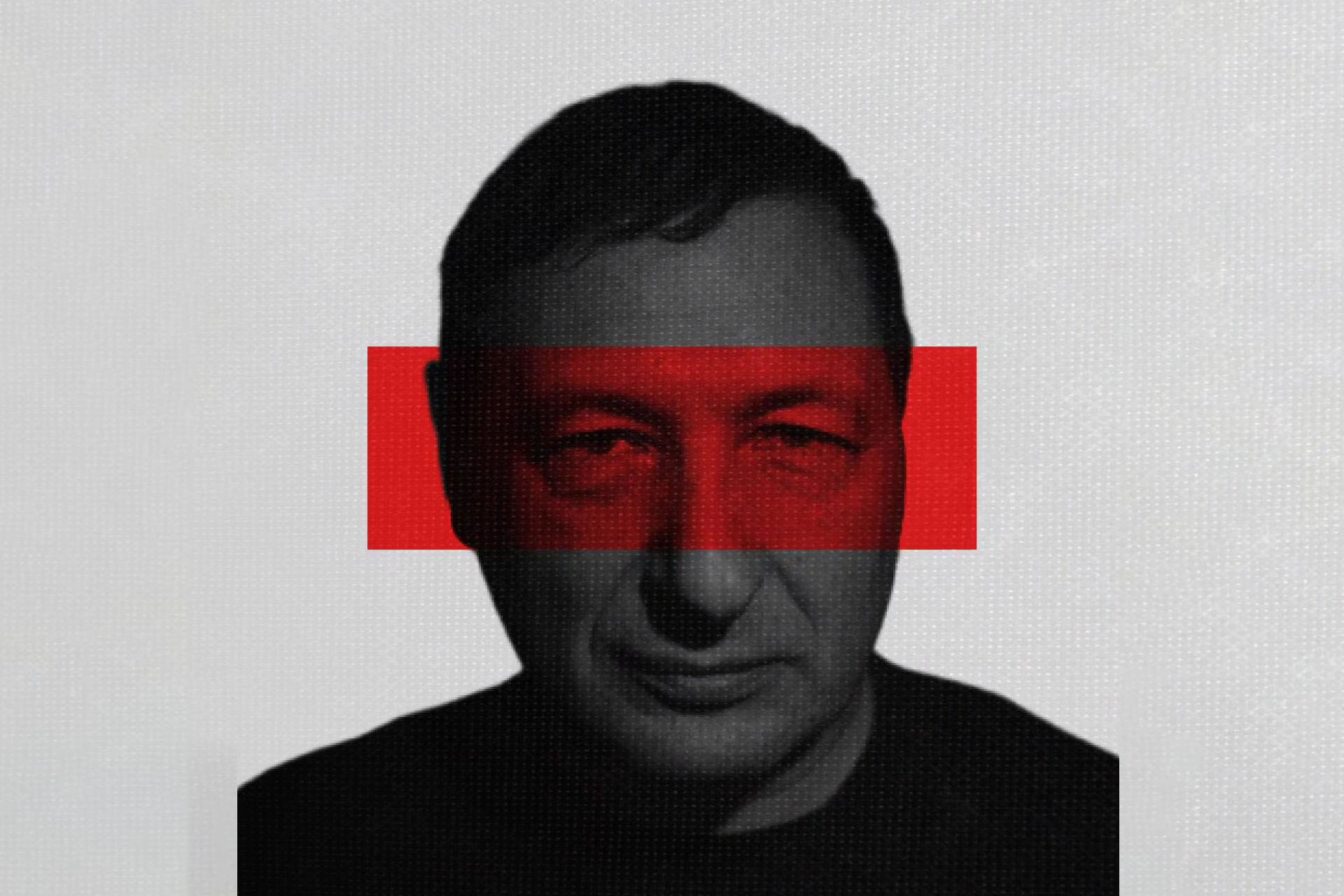Two months after his release from jail, left-wing sociologist Boris Kagarlitsky was sentenced to five years in prison by a Russian appeals court. The Russian law enforcement system showed that it had made an uncommon error in releasing him, rather than showing a sign of a thaw.
As we already noted, Boris Kagarlitsky was released from custody on 12 December. On the same day, he re-entered activity. He took part in a YouTube stream in which tens of thousands of people could see and hear him. In a few hours, the media team for Rabkor (the online newspaper he works for) gathered enough money to pay the fine of 600,000 rubles (around 6,000 EUR) that Kagarlitsky had to pay according to his sentence.
Boris took part in dozens of interviews and YouTube streams, where he boldly said that he doesn't want to leave the country and keep his mouth shut. Of course, he didn’t go into the details of his arrest due to judicial confidentiality. However, lots of people came to know what happened to him.
On 25 December, the Prosecutor’s Office of the Komi Republic appealed against the sentence of Professor Kagarlitsky, demanding that he should be sentenced to five years and six months' imprisonment. His lawyer, Sergey Erokhov, pointed out that in Russia 20 percent of appeals of this kind are successful, meaning it was too early for Kagarlitsky and his supporters to celebrate victory and relax. Time showed that he was right.
Judicial arbitrariness
On 13 February, Boris Kagarlitsky, along with his relatives and friends, did not anticipate such shocking news. During the trial, the prosecutor pointed out that Kagarlitsky is unable to pay a fine as long as he is unemployed and retired (he is 65 years old) and that the previous sentence was too lenient. Even though he already paid the fine in advance, after a lengthy session, the judge sentenced him to five years in a general regime colony.
For the majority of the Russian youth who were overjoyed at Kagarlitsky’s release in December, this brutal sentence has come as a shock. Some are complaining that he ought to have left the country. Others thought that after release he should have kept quiet and not talked about the regime. But he behaved in a way that communists should, remaining unafraid of state pressure. He made a firm decision to stay in the country where he could continue to make strong connections with the masses. He was not interested in silently observing what is happening in Russia from abroad.
The Russian ruling class is continuing to lean to the right, especially given another upcoming ‘Putin election’. As far as the war goes, those who refuse to merge into the ecstasy of patriotic propaganda risk falling under the wave of repression. The state apparatus is squeezing those who dare to openly and loudly disagree with its policies out of the country. Those who dare to stay are often imprisoned. This is the regime’s method of ‘persuasion’.
In his final speech, Kagarlitsky said: “I’m not discouraged, I’m in great spirits as always, continuing to gather data and materials for new books… I’m sure I’ll see you out there soon!”
We must not only maintain the same optimistic attitude, but in Russia and internationally we must continue to fight for the release of Boris Kagarlitsky. International solidarity is stronger than any prison or bourgeois dictatorship!
Hands off Kagarlitsky!
Free Kagarlitsky!
#бориснетеррорист
#BorisIsNotATerrorist

